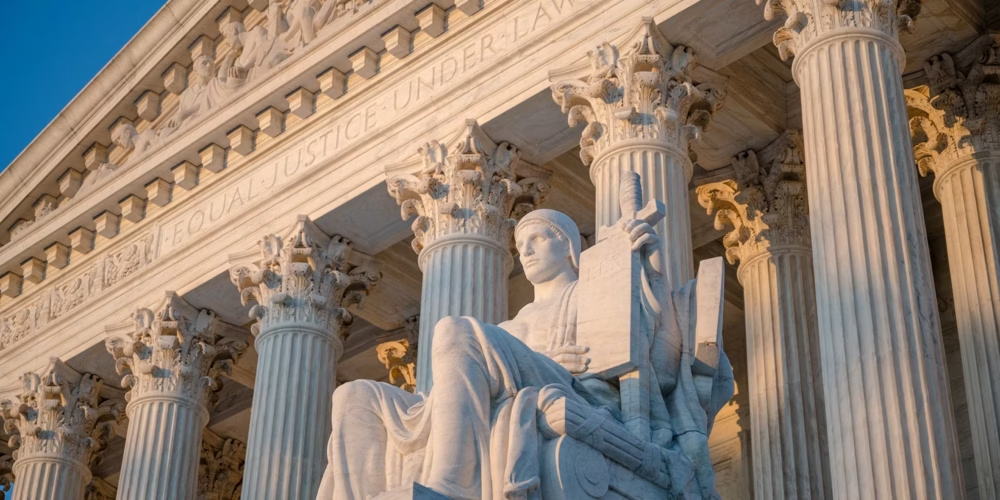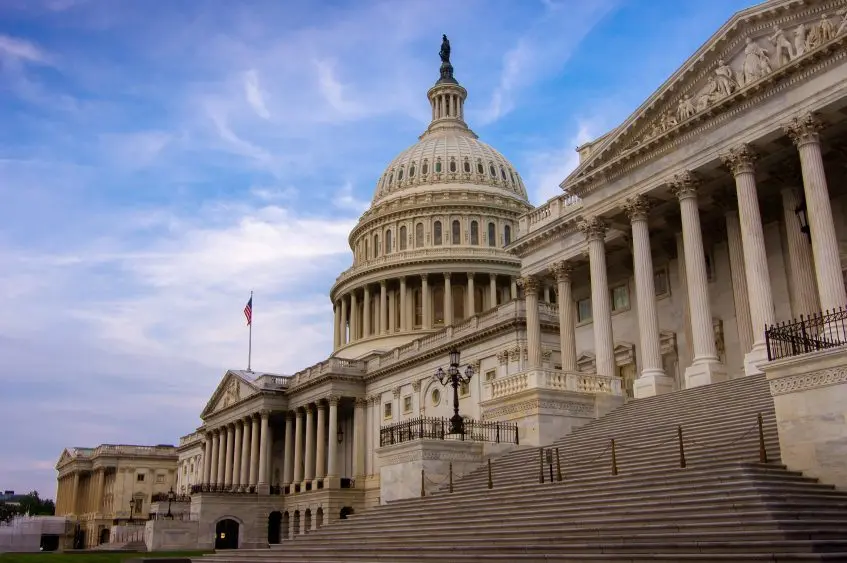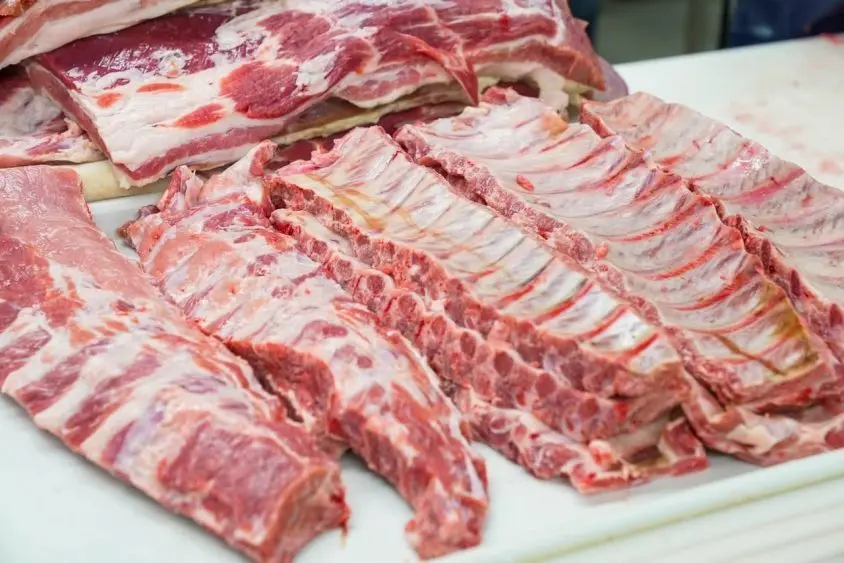
Farm-state Republicans are increasingly divided over President Trump’s tariff policies as the Supreme Court hears arguments today challenging his use of a 1977 law to justify emergency tariff powers.
Only four Republican senators from agricultural states recently voted with Democrats to pass a measure ending Trump’s claim of emergency authority, while the rest sided with the president to give his trade tactics more time. Iowa Senator Chuck Grassley, a longtime advocate of free trade and a farmer himself, said he believes in the power of negotiation, adding that the World Trade Organization’s process “hasn’t been working.”
The House is not expected to take up the Senate bill, leaving the final decision to the Supreme Court, which is considering whether Trump exceeded his authority under the International Emergency Economic Powers Act. If the Court rules against him, it could significantly reshape the scope of executive trade power.
Legal experts say a ruling against Trump would send a clear message that the president misinterpreted congressional intent in 1977 and would reaffirm that Congress never delegated its constitutional authority over taxation and foreign commerce.
In response, Trump said in a social media post that the United States would be left “defenseless” if a president cannot act quickly through tariffs. Still, even as Trump maintains a strong grip on his party and has secured notable trade victories, many farm groups and rural lawmakers remain uneasy about the lasting effects of tariffs that have disrupted export markets and driven uncertainty in the agricultural sector.
The International Emergency Economic Powers Act, or IEEPA, was enacted in 1977 to allow the president to regulate economic transactions and trade in response to national security threats originating outside the United States. It’s a successor to the older Trading with the Enemy Act (TWEA) of 1917, which had been used more broadly during wartime. Historically, presidents have used it to impose sanctions and freeze assets, not to levy broad tariffs. President Jimmy Carter used IEEPA in 1979 to freeze Iranian assets during the hostage crisis, President George W. Bush used it to target terrorist organizations after 9/11, and President Joe Biden has used it to impose sanctions on Russia following its invasion of Ukraine.
In most previous invocations of the IEEPA, the acts of foreign nations or entities were categorized as national security threats or acts of aggression that jeopardized U.S. interests abroad or at home. The law was designed for targeted, emergency responses to specific international crises, rather than broad economic disputes.
Trump, however, contends that the definition of a hostile act should remain adaptable, encompassing new and evolving forms of aggression while recognizing the fluid nature of modern threats.
Multiple presidents, including Bill Clinton and Barack Obama, used IEEPA to sanction regimes accused of human rights abuses or destabilizing actions—such as in Sudan, Burma (Myanmar), and Libya. The acts of those governments were categorized as humanitarian and geopolitical threats. Sanctions on North Korea and Iran over their nuclear weapons programs were implemented through IEEPA, framing those nations’ actions as proliferation threats to global and U.S. security. Presidents Obama and Trump both used IEEPA to impose sanctions on Russia and other foreign actors for cyberattacks and election interference, treating these as technological or informational threats under the scope of national security.
Trump’s invocation of the law to justify sweeping tariffs represents one of the most expansive and controversial uses of IEEPA in its history, and the Court’s ruling could determine how much power future presidents hold over trade policy.



